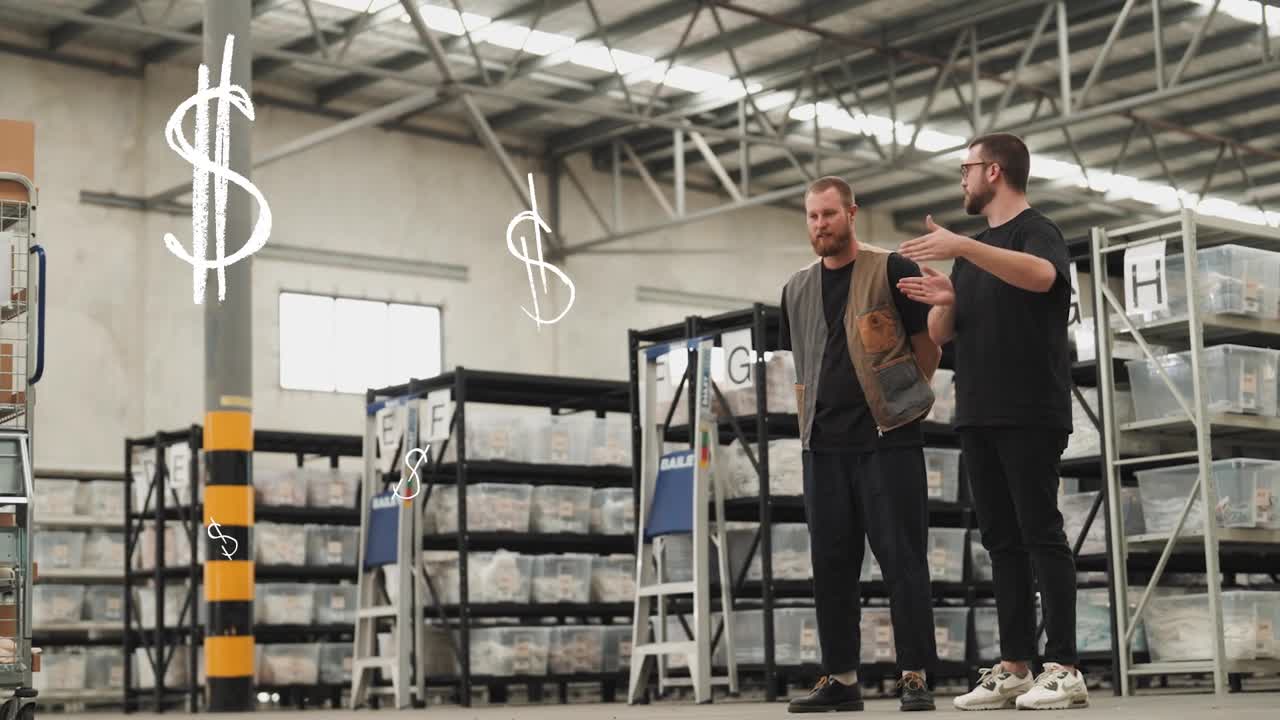Every ecommerce retailer knows that returns come on the heels of peak season. Shoppers purchase holiday gifts, and many items find their way back to the warehouse. During the busiest season of the year, how can ecommerce businesses make the most money on returned inventory?

Where Businesses Get Stuck
During peak season, the warehouse usually looks like a madhouse. With so many products and people flying to fulfilll orders, often returned inventory is the last thing on anyone’s mind. However, peak season is also the most profitable time to re-sell returned items. Returns management matters.
Every moment a returned item sits in a pile waiting to be processed is a lost opportunity for a sale at full retail price. For this reason, ecommerce businesses must treat the returned inventory bin as a Red-Hot Zone: any item that sits there too long will lose your business money.
Several main factors prevent returned inventory from making money:
- Inefficient receiving of returned goods
- Time-consuming/labor-intensive inspection and logging of returned inventory
- Delayed relisting of items for sale
How can your business get unstuck and stop losing money on returned inventory?
Streamline Receiving of Returned Goods
What does your receiving process look like? Does your warehouse use a paper-based tracking system, or have you already implemented technology? Technology will always save time over paper processes for returns management.
Move to a computer-based warehouse management system (WMS) with barcode scanning as soon as possible or start using your existing system for receiving and returns. A little time to learn the technology will pay off in huge savings as you streamline receiving of returned goods.
Barcode Scanning
As returned items enter the warehouse, workers quickly scan the barcode on a product tag or order form to receive the item in your warehouse. Further, they can show the item’s new location in the warehouse: the Red-Hot Zone or returned items bin.
Anyone searching the WMS for that item will see its location in the warehouse and take the proper steps to get it processed. Plus, the WMS will provide a list of all items in the Red-Hot Zone so workers can make sure they empty it as quickly as possible.
Save Time and Labor with Inspection and Logging of Returns
A second way businesses get stuck is finding the time and people to keep returned inventory out of the Red-Hot Zone. Again, technology solves this problem. Because barcode scanning and automation replace time-consuming manual tasks, fewer workers are required to keep returned inventory moving.
With an excellent mobile WMS, one person can scan barcodes in the Red-Hot Zone, indicate condition, and keep saleable goods moving back into the beginning of the pick face. This reduces the time between receiving a returned item, putting it back up for sale on the website and ensuring quick turnaround.
Automatically Relist Items for Sale
Finally, to maximize the amount of money gained from returned inventory, businesses must relist returned goods on the website while demand is still high. To do this as quickly as possible, every item entering the Red-Hot Zone and passing inspection should be automatically listed for sale. Again, technology makes it possible to do this efficiently.
Mobile WMS software often has customizable automation rules that allow businesses to set desired returns processes. For example, Peoplevox can automatically add returned items to NetSuite’s inventory, making them immediately available for sale on all connected ecommerce sites.
Sell Returned Items ASAP to Protect Profit
Waiting until after peak season to process and relist returned goods will cost your business money. Instead, invest in technology that equips your warehouse for quick returns management and resale. Not only will you maximize profitability on the returned inventory, but you will also reduce clutter and stress in the warehouse during the year’s busiest season.
Get Started with WMS Technology
Which WMS Should I Use?
If you already use an enterprise resource planning (ERP) system, such as NetSuite®, look to a WMS that integrates in directly or via a third party integration on the SuiteApp marketplace. We recommend the RSM/FHL Peoplevox integration app.
For businesses that prefer a WMS that connects directly to sales channels, Descartes Peoplevox’s standalone WMS becomes the master of inventory, driving speed, accuracy, and transparency in the warehouse.





